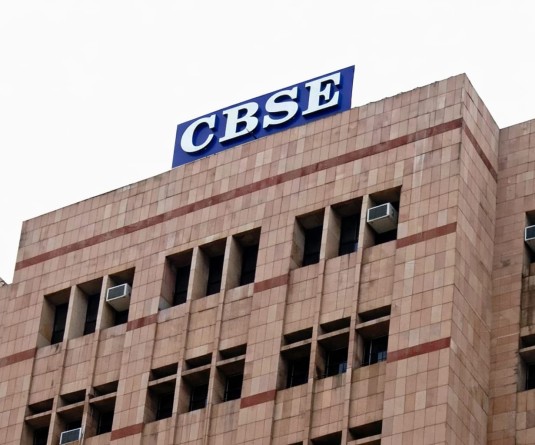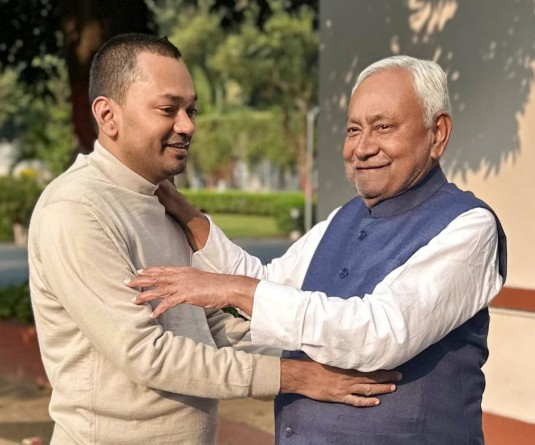IANS Phtoo

New Delhi, November 14 (IANS) In Bihar, where government work in empowering its women is an issue constantly grabbing headlines, one name among few that has navigated the legacy of a political family while building her own profile through national and international sporting feats and, more recently, as a Bharatiya Janata Party (BJP) legislator from Jamui, is Shreyasi Singh.
The 34-year-old daughter of former leader of the Samata Party and Union Minister of State Digvijay Singh is defending her seat from the Jamui Assembly constituency, where she won the 2020 polls by a margin of about 41,000 votes over her nearest challenger Vijay Prakash of the Rashtriya Janata Dal (RJD).
At the time of writing, she was leading by over 36,500 votes over her nearest rival, Mohammad Shamsad Alam of the Rashtriya Janata Dal (RJD). Shreyasi first gained wider attention not for politics but for shooting. She established herself as one of India’s accomplished rifle shooters, competing at national and international levels and winning medals at multi-sport competitions. She was a known name in the double trap shooting event.
Among her laurels, she won a gold medal in women's double trap at the 2018 Commonwealth Games in Australia and a silver at the 2014 Commonwealth Games in Scotland. Shreyasi's father and, earlier, her grandfather Kumar Serender Singh, have both been presidents of the National Rifle Association of India in their lifetimes.
In 2020, she joined the BJP and has since emerged as a distinctive public figure by combining athletic achievement with regional political ambition.
Born into a family with deep roots in Bihar politics, Shreyasi grew up with both the advantages and expectations that come with public life. Her father, being a prominent figure in local politics, influenced Shreyasi’s early involvement in civic affairs and public life. That political lineage offered her visibility and a network of contacts, which later helped her carve out an independent identity.
Shreyasi’s move from the shooting range to the political arena was deliberate and strategic.
Her entry into electoral politics blended the charisma of a celebrated sportsperson with the organisational backing of a major national party and the local recognition that comes from being part of an established political family. The transition tapped into multiple spheres in Indian public life – from the electorate’s admiration for athletes, the credibility conferred by sporting medals, and an appetite for new faces who nevertheless have a recognisable pedigree.
Her candidature offered the BJP someone with cross-sectional appeal – a face that could attract youth, women voters, and supporters of her father’s political tradition. As a legislator, Shreyasi has projected an image shaped by both her athletic training and her familial political heritage.
Campaigning in Jamui, she leaned on themes familiar to local politics – development, law-and-order, and welfare – while emphasising governance competence and accountability. Her electoral success has required managing local caste and community equations that deeply influence Bihar politics, where her profile blends the status of a political scion with the narrative of a modern professional.
As a relatively young woman in a male-dominated political landscape, she represents a newer kind of politician — one whose biography includes professional excellence outside politics and who can speak credibly on issues like sports development, youth outreach, and women’s participation.
In Bihar, a state where investment in sporting facilities has lagged behind national averages, she also serves as a visible role model for women’s political participation, using her platform to push for policies that encourage female education, employment, and civic engagement.






